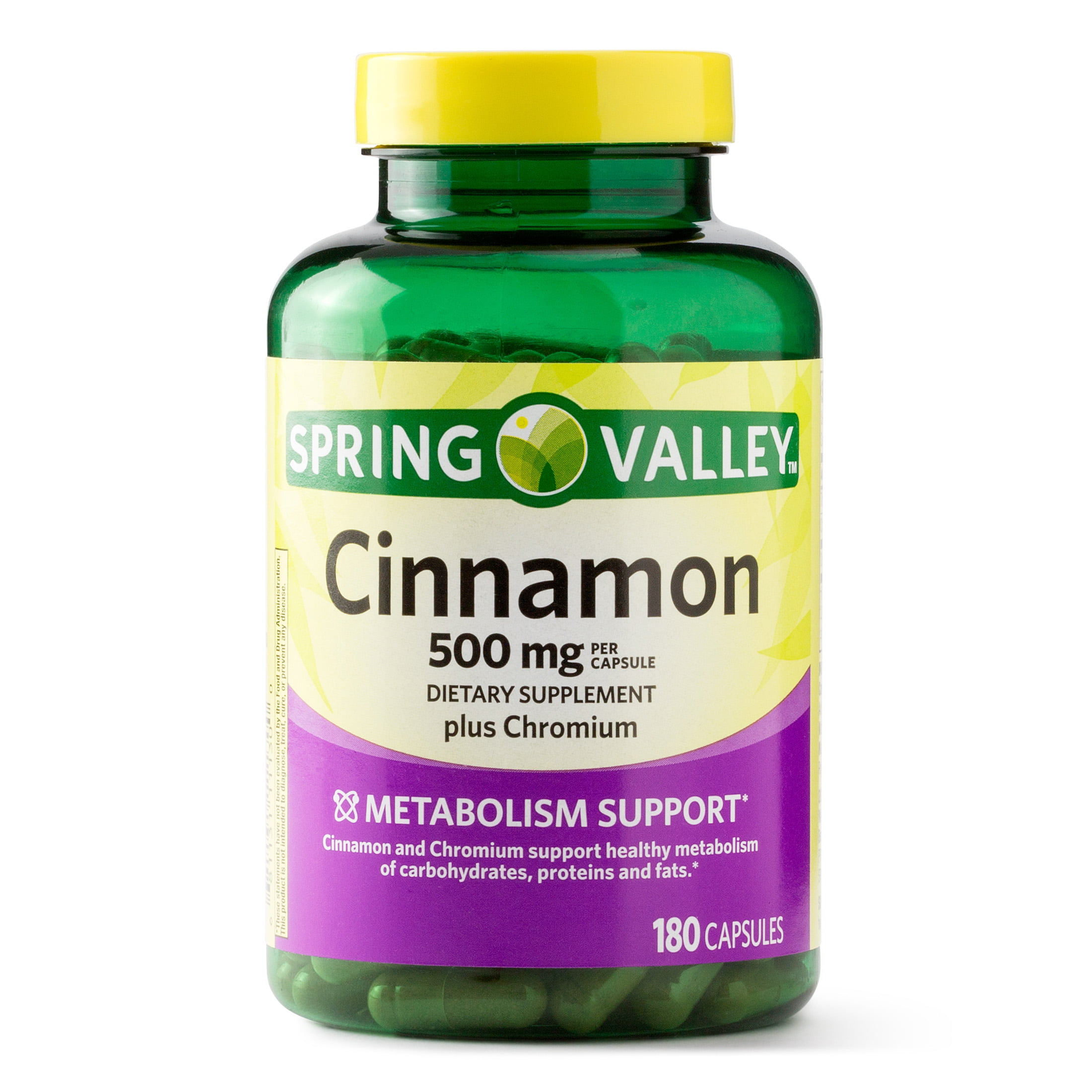

“A recent meta-analysis1 reported that whole cinnamon or extract lowers fasting blood glucose by about 10 mg/dL,” says Evan Sisson, PharmD, MHA, CDE, an associate professor in the department of pharmacotherapy and outcomes science at Virginia Commonwealth University in Richmond. And with little research available on side effects and potential interactions with oral diabetes medications, insulin, and other drugs diabetes patients often use (such as cholesterol- and blood pressure-lowering agents), not enough is known about long-term safety.Ĭonsider cinnamon, which is emerging as one of the newest herbal remedies for blood sugar control. When it comes to tablets, capsules, powders, and teas that claim to control blood sugar, RDs and other healthcare practitioners agree that the research doesn’t support the miracle cure reputation many supplements have developed.

A high-dose supplement and a diabetes drug could interact and cause dangerously low blood sugar.”

“I’d never advise anyone to take extra chromium or magnesium or to use supplement-level doses of herbal remedies that claim to lower blood sugar,” she says. Given the number of diabetes patients taking prescription medications, Anna Nabutovskaya, CDE, RD, of Maimonides Medical Center in Brooklyn, N.Y., doesn’t recommend over-the-counter supplements for fear of possible contraindications. Another 26% of patients use insulin alone or in combination with oral agents. About 58% use one or more oral diabetes drugs, such as sulfonylureas (eg, Glucotrol, Micronase) and meglitinides (eg, Prandin, Starlix) that stimulate insulin release biguanides (eg, Glucophage, PrandiMet) that decrease glucose production by the liver alpha-glucosidase inhibitors (eg, Precose, Glyset) that block the breakdown of starches DPP-4 inhibitors (eg, Januvia, Onglyza) that keep a blood sugar-controlling compound called GLP-1 active longer and thiazolidinediones (eg, Avandia, ACTOS) that improve insulin action. More than 80% of diabetes patients are already taking prescription medications to help control their blood sugar. More than 50% of people with diabetes take nutritional supplements, and those with type 2 diabetes are twice as likely as those with type 1 to experiment with herbal treatments and other nonvitamin, nonmineral pills and capsules, reported Odegard and colleagues in the May/June issue of The Diabetes Educator. Taking Diabetes Drugs With Nutritional Supplementsįrom chromium to magnesium to herbal remedies claiming to stabilize blood sugar levels, over-the-counter diabetes supplements continue to make their way into the hands of patients who want to manage their disease nature’s way.


 0 kommentar(er)
0 kommentar(er)
